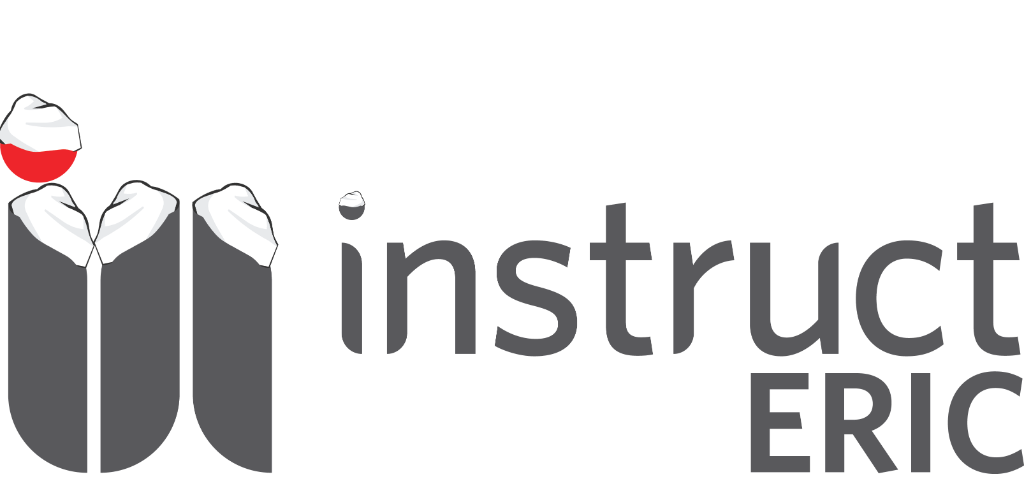
Instruct-ERIC Newsletter
Winter 2022
|
|
|
|
|
2022 allowed Instruct-ERIC to assert itself on the global stage. From the Biennial Structural Biology Conference to the International Conference on Research Infrastructures 2022 (ICRI2022), Instruct has had visibility to a worldwide audience, compounded by excellent outcomes in the international EU-LAC ResInfra project. 2022 has seen a lot of changes to Instruct, but we are in a position now to keep reaching ambitious targets, helped further by an increasing presence at an international level.
|
|
|
|
Latest Instruct-ERIC News
|
|
|
|
|
Dr Claudia Alen Amaro and Dr Natalie Haley have been appointed as the new Instruct-ERIC Coordination Team. Claudia is now the Head of Operations, Natalie the Head of Strategy. Find out more about the appointment and the new roles in the Hub here.
|
|
|
|
|
At the ICRI2022 Conference, Instruct signed two Memoranda of Understanding (MOUs) with external organisations. The first was with CNPEM in Brazil, one of the largest structural biology facilities in Latin America. The second was with Euro-BioImaging and EU-OPENSCREEN, two other life science research infrastructures and frequent collaborators with Instruct in European projects.
|
|
|
|
Instruct-ERIC Science Highlights
|
|
|
|
|
|
|
Novel Antibiotic - Teixobactin
This ground-breaking study hopefully will lead to the generation of a novel, non-resistant antibiotic through teixobactin development. The access to ssNMR at CERM through Instruct allowed the team to carry out their research into this potentially crucial antibiotic. Read more here.
|
|
|
Understanding TRiC Chaperonin
The team aimed to gather insights into the process of folding proteins by human TRiC, using Cryo-EM at two Instruct Centres (UK and Finland). Furthermore, the Cryo-EM data was analysed by Scipion, the software developed by Instruct-ES. Find out more about the research here.
|
|
|
|
|
ISIDORe has launched four new calls for access, allowing researchers to visit Instruct centres in the following fields:
- Risk Group 4 Pathogens
- Respiratory Pathogens
- Vector-Borne Pathogens and Vectors
- Other Pathogens with Epidemic Potential
|
|
|
|
|
The canSERV project has officially launched! CanSERV aims to enable access to cutting-edge services in cancer research, from basic research to clinical trials, to improve personalised treatment in oncology. In addition to providing access to advanced structural biology techniques to the cancer research community, Instruct will establish a single transnational access platform (based on Instruct’s ARIA software) designed to integrate cancer research services from all consortium partners.
|
|
|
|
Instruct-EMBL
EMBL has several new technologies available to Instruct users:
- Heidelberg has expanded its Cryo-EM range to include Cryo-CLEM
- Hamburg has seen upgrades to its Bio-SAXS beamlines, for more accurate data collection
- Grenoble has updated the workflows and modalities of MASSIF-1, a fully automated beamline dedicated to macromolecular crystallography
|
|
|
|
Instruct-ES
I2PC at CSIC, in Madrid, is opening the new “Flexibility Hub”, an innovative approach for image processing of challenging samples which present a large degree of flexibility making difficult the assignment of images to discrete classes.
|
|
|
|
Instruct-FR1
The advanced ITC microcalorimetry facility at Instruct Centre FR-1 now includes kinITC capabilities and the possibility to handle complex interactions in molecular biophysics, simultaneously providing a precise determination of all binding parameters in one single experiment.
|
|
|
|
|